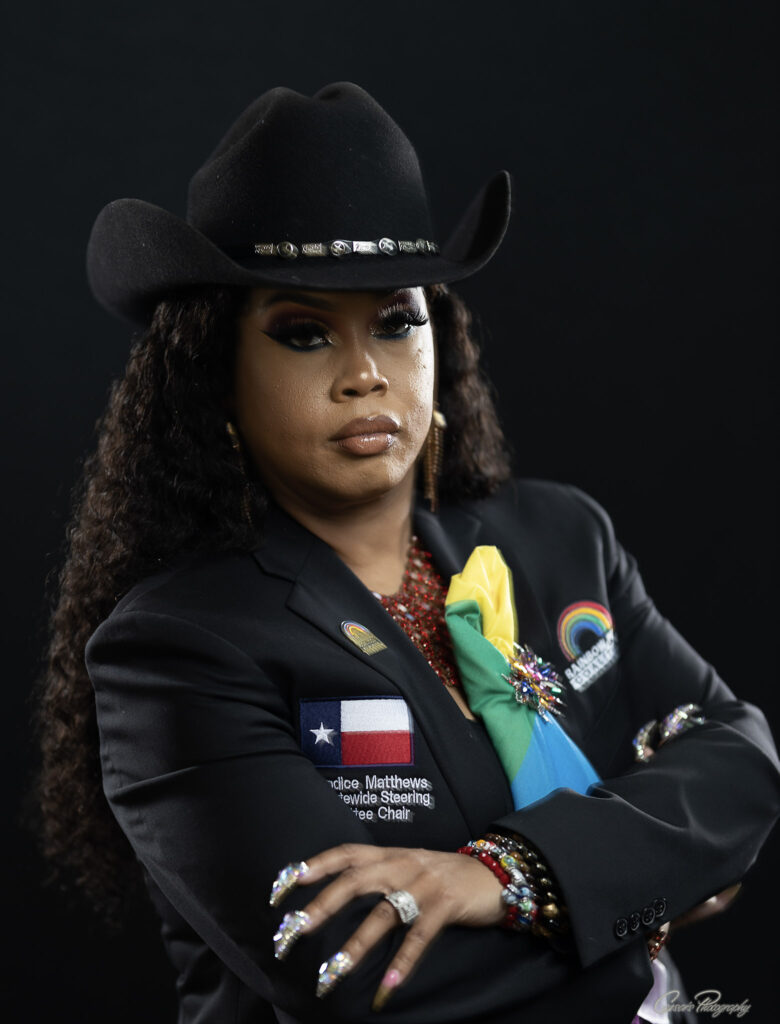How to Help a Child With Disabilities in the Foster System


The main reasons children with disabilities end up in the foster care system are lack of training, resources, and flexibility. As a foster care worker, it is your job to help a child in need and ensure their needs are met. Here are some things to remember while working with these children. The first step in this process is understanding and communicating the child’s disability. If you’re unsure about the specific condition, you can ask your caseworker or the agency worker.
Lack of flexibility
There are some problems with the current foster care system that can negatively impact children with disabilities. First, many foster care agencies place children in other towns or counties than their biological ones. This can complicate reunification or contact with birth parents. In addition, housing costs can be high, and extended family members do not qualify for foster care payments. Lastly, there is a lack of support and resources for foster parents and other family members of children in the foster system.
As a result, children with special needs spend more time in the child protection system than those without. This means they will likely stay in the foster system much longer than their peers. Additionally, children with special needs remain in care for more extended periods, sometimes even past 18. In addition, many foster families and specialists are scarce and can be inconvenient for children with disabilities.
Lack of training
In the United States, youth with disabilities in the foster care system are not served by a single federal system but by multiple state systems. In addition, funding for these youths often does not align with policies and procedures. This lack of coordination can negatively impact the health and well-being of youth with disabilities. Moreover, most foster care facilities do not have trained staff on how to handle a child with a disability.
A lack of training for foster parents can also affect the continuity of high-quality care. For example, many foster children with intellectual disabilities receive individualized education plans (IEPs). This is important for the child’s well-being, but many foster parents don’t know what these programs are or don’t know that they even exist. There are several reasons why this could happen. Insufficient information about a child’s health history is one of the biggest causes.
Lack of support
In the United States, a lack of support for children with disabilities in the foster care system is one of the most critical concerns, affecting the most vulnerable population. This report draws attention to the issue, seeking to start a discussion about federal and state policies to support youth with disabilities. While the federal government’s efforts in this area are significant, more must be done to provide comprehensive, youth-centered services.
One way to improve support for children with disabilities in the foster care system is to identify better who needs these services and ensure they are available. Lack of support for these services can result in the placement of children with disabilities in multiple homes and schools. Lack of funding is another major problem. To reduce stigma, the federal government should invest in public awareness campaigns for youth with disabilities and foster care. This can help foster youth find stable homes and improve their chances of achieving success.
Lack of resources
A severe problem is a lack of resources to help a child with disabilities transition from foster care to a permanent home. Children with disabilities often have multiple barriers to education and training. The lack of resources can lead to a child’s lack of success in school and life. This report addresses this problem by identifying five critical issues and proposing policy changes. The first issue addresses the lack of resources to help a child with disabilities in foster care.
This report aims to provide policymakers with information about the characteristics and challenges facing youth with disabilities in the foster care system. Providing data on what works and what doesn’t will help policymakers make better decisions. This research has the potential to improve programs that are designed to help these youth. It may also provide valuable information to individuals who want to help a child with disabilities in foster care.
